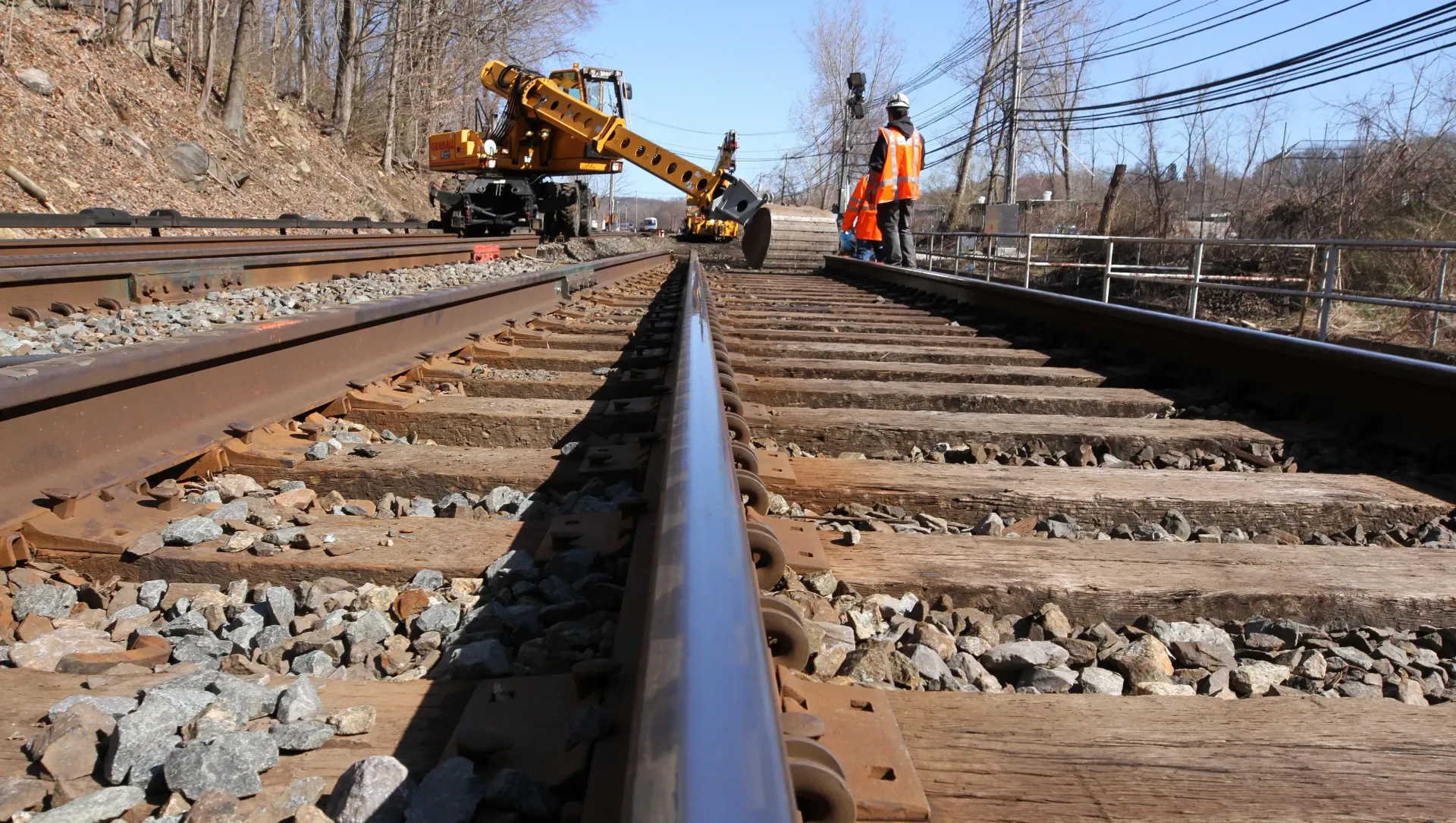FELA Lawyer Serving You Nationwide
The Federal Employers' Liability Act (FELA) was enacted by Congress. It acknowledges the unique and inherent hazards associated with railroad industry work. It provides a legal basis for employees to recover monetary and other damages for injuries sustained due to the partial or full negligence on the part of their employer, usually a railroad carrier, its agents, contractors, or employees.
FELA gives the injured worker the option of initiating a lawsuit in the federal, local, or state courts, and reduces their burden of proof by merely requiring that the employee prove that he sustained injuries, due in whole or in part, to the negligence of the railroad. If you believe your injuries are covered by FELA, call Law Office of Christy & Ferguson PA, in Arkansas, without delay!
Serving Arkansas and clients across the US!
Who is covered under FELA?
FELA covers the majority of railroad employees due to passage of the 1939 amendment to the FELA. Examples of cases where the FELA was found applicable to an on-the-job injury include:
- A clerical worker being struck on the head by a piece of glass that fell from the window of a railroad office building to the sidewalk below where the worker was walking
- Expenses for an overnight motel stay for a trainman who sustained injury after a fall from a defective bed
- A slip-and-fall case where a signalman slipped on ice in a railroad parking lot after completing his tour of duty
The injured party does not necessarily have to be engaged in their usual railroad duties at the time of the injury in order to be covered under FELA. If you are a railroad worker, and you've been injured as a result of any work related activity, call the Law Office of Christy & Ferguson PA, to inquire whether it qualifies for protection under FELA.
Should an injured employee try and settle a FELA claim directly with the railroad's claim agent?
Railroads have many resources at their disposal to ensure that they pay out the smallest possible settlements for FELA claims! They employ well-trained claim department personnel, safety department officers, company investigators, freelance private detectives, covert surveillance, and major law firms with experienced FELA lawyers to back them up.
Don't buy into the rationale that you can get more money in less time if you deal directly with a railroad claims agent. Having an attorney who knows the in's and out's of FELA, and its related statutes and regulations, will place you on equal footing with your employer, and help you avoid an unjust result. In Arkansas, Law Office of Christy & Ferguson PA, has been recognized as the go-to FELA attorney for 30-plus years.



